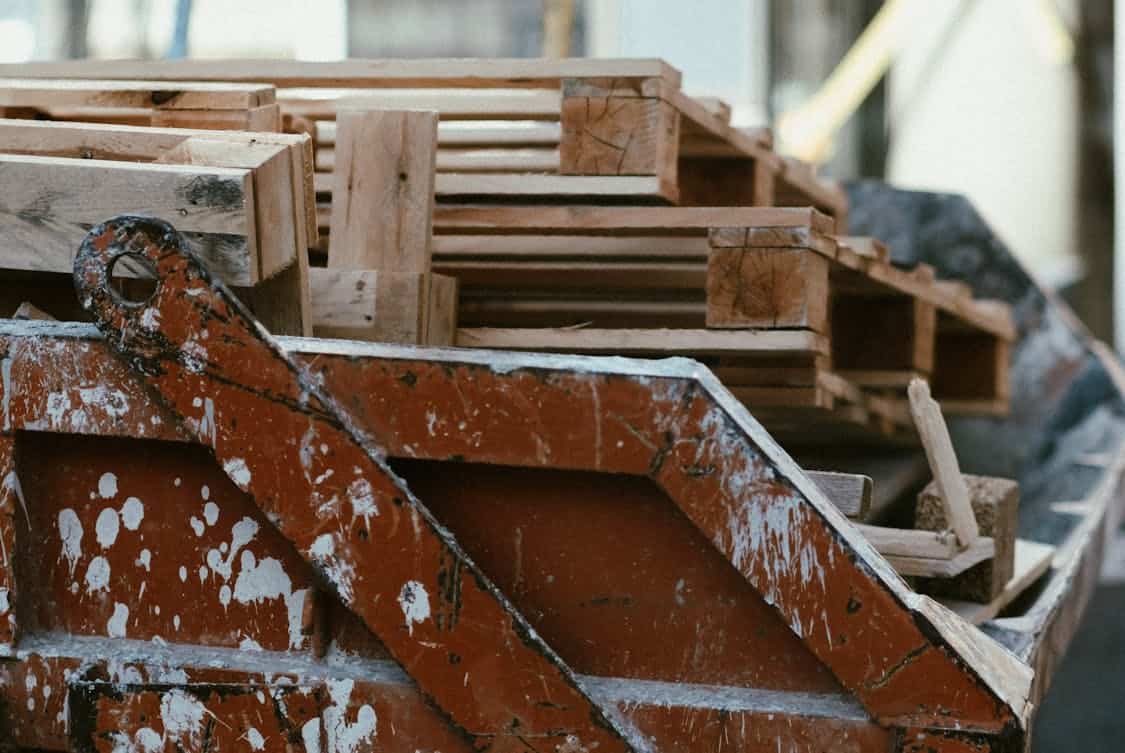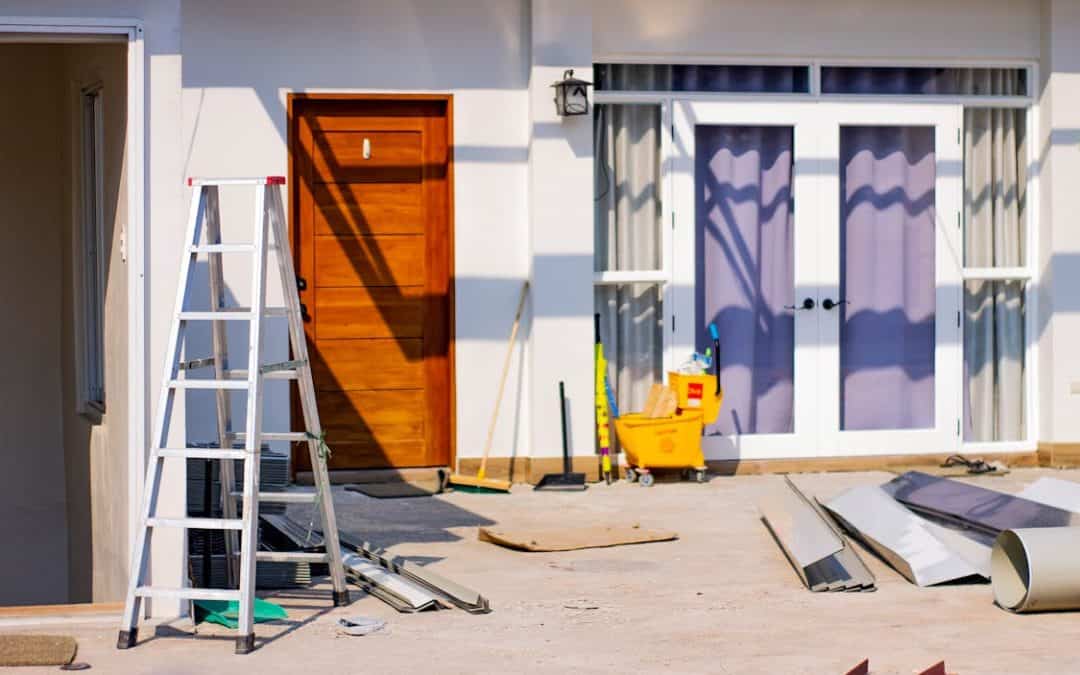Renovating a space, whether it’s a home, office, or commercial property, can be an exciting yet daunting task. One essential aspect of any renovation project is managing the debris that comes with it. That’s where dumpsters come into play.
Understanding the costs associated with renting a dumpster can help you budget effectively and keep your project organized.
Types of Dumpsters Available
When renting a dumpster, you’ll find several types available to suit different needs. The most common options include roll-off dumpsters, front-load dumpsters, and construction dumpsters.
Roll-off dumpsters are the most popular choice for renovation projects. They are delivered to your location and picked up once you’re done. Available in various sizes, these dumpsters typically range from 10 to 40 cubic yards.
Front-load dumpsters are more commonly used for ongoing waste disposal needs, like those for businesses. Construction dumpsters often have specific weight limits and are designed to handle heavy materials.
Factors Affecting Dumpster Rental Costs
Several factors influence the cost of renting a dumpster for renovation. The size of the dumpster is a primary determinant. Larger dumpsters naturally cost more.
Rates may vary significantly based on your location. Urban areas might have different pricing compared to rural ones due to demand and supply dynamics.
Another factor is the type of debris you plan to dispose of. Heavy materials like concrete or bricks may incur additional fees.
Some companies charge extra for certain types of waste, while others might offer flat rates for specific categories. The duration of your rental period also plays a role; longer rentals will typically be more expensive.
Average Cost Range
When considering the average cost to rent a dumpster, you might find prices ranging from $300 to $600 for a week, depending on the size and type of dumpster. Smaller 10-yard dumpsters usually start around $250, while larger 30 or 40-yard dumpsters can reach up to $800 or more.
Keep in mind that these prices often include delivery and pickup fees, though taxes and additional service fees can add to your overall costs. Some companies offer discounts for longer rental periods or multiple rentals, so it pays to shop around.
Hidden Fees and Additional Costs
While it’s tempting to go with the lowest quoted price, be wary of hidden fees that can quickly balloon your budget. Overweight charges apply if your debris exceeds the weight limit.
Similarly, if you keep the dumpster longer than the agreed rental period, you may face extra daily fees.
Certain materials like tires, appliances, or hazardous waste may not be accepted, and disposing of these items can incur additional charges. Always clarify what’s included in your rental agreement to avoid unwelcome surprises.
Timing Your Rental
The timing of your dumpster rental can significantly impact your costs. If you’re doing renovations during peak seasons, such as summer or early fall, prices may rise due to increased demand.
Booking your dumpster in advance can be a smart move, especially if you have a specific date in mind.
Conversely, if your project timeline allows for flexibility, consider scheduling your dumpster rental during off-peak times. This way, you can take advantage of lower rates and better availability.
Choosing the Right Size

Selecting the appropriate dumpster size is crucial for managing your renovation waste effectively. If you choose a dumpster that’s too small, you may end up needing a second dumpster, which can double your costs.
Conversely, renting a dumpster that’s too large may seem convenient but can lead to unnecessary expenses.
A 10-yard dumpster is adequate for small projects like garage cleanouts. For medium-sized renovations, such as bathroom remodels, a 20-yard dumpster is typically sufficient.
Larger home renovations, like kitchen remodels or additions, might require a 30 or 40-yard dumpster to accommodate the volume of debris.
Local Regulations and Permits
Don’t forget about local regulations regarding dumpster rentals. Some municipalities require permits for placing dumpsters on public property, like sidewalks or streets. This might involve additional fees and could affect your project timeline.
Before you rent, check with your local authorities to ensure you’re compliant with any regulations. Knowing these rules upfront can save you headaches later on.
Comparing Rental Companies
When shopping around for dumpster rental services, take the time to compare quotes from multiple companies. While price is a significant factor, consider other elements such as customer service, pickup times, and availability of different dumpster sizes.
Reading customer reviews can offer insightful feedback on a company’s reliability and responsiveness. Don’t hesitate to ask questions about their terms and conditions, as clarification can help you make an informed decision.
Dumping Rules and Regulations
Every dumpster rental company has its own rules regarding what can and cannot be thrown away in their dumpsters.
Most companies prohibit hazardous waste, chemicals, and certain large items like car batteries or tires. Violating these rules may lead to hefty fines or additional charges.
If you’re unsure about a specific item, reach out to your rental provider for guidance. Being informed about these regulations helps you avoid unnecessary complications down the line.
Waste Management and Sustainability
As we become increasingly aware of environmental issues, many renovation projects are adopting sustainable waste management practices. When renting a dumpster, ask if the company has recycling programs or other eco-friendly disposal options.
Diverting recyclable materials from landfills not only benefits the environment but can also reduce disposal costs. Companies that promote sustainability often have structured programs in place to manage waste responsibly.
Tips for Efficient Waste Management
One of the easiest ways to maintain control of your work area is to rent a dumpster to keep your remodeling site organized and safe. To maximize your dumpster rental experience, planning can go a long way.
Start by sorting your waste into categories: recyclable, reusable, and landfill items. This organization will help you make informed decisions about what goes into the dumpster.
Efficiency is key when loading a dumpster. Break down large items to save space and avoid overage charges. If possible, load heavier materials first to ensure an even distribution of weight in the dumpster.
This practice not only helps in making the most of your rental but also aids in complying with weight limits.
Planning for the Unexpected
In any renovation, unexpected surprises often come to light. Whether it’s hidden damage or changes in plans, flexibility is essential.
If you find yourself needing an additional dumpster or an extension on your rental, reach out to your provider as soon as possible. Keeping open communication can help you manage additional costs effectively.
Also, consider budgeting a little extra for unforeseen circumstances. Allocating funds for unexpected disposal needs will help you stay on track financially, allowing you to focus on the project at hand.
Finalizing Your Rental
Once you’ve determined the size, timing, and rental company, it’s time to finalize your dumpster rental. Be sure to read the agreement carefully and clarify any ambiguous terms.
Understanding your responsibilities regarding the dumpster can help prevent issues during and after your renovation project.
After confirming your rental, keep a few things in mind: mark the spot where the dumpster will be placed for easy access, and ensure that your contractors or team members are informed about the dumpster’s location.
Keeping everything organized will streamline your renovation process and keep things running smoothly.
Renting a dumpster for renovation can feel overwhelming, but with a bit of research and planning, it can be a straightforward task. Understanding the costs and processes involved will help you make informed decisions and keep your project on track.

